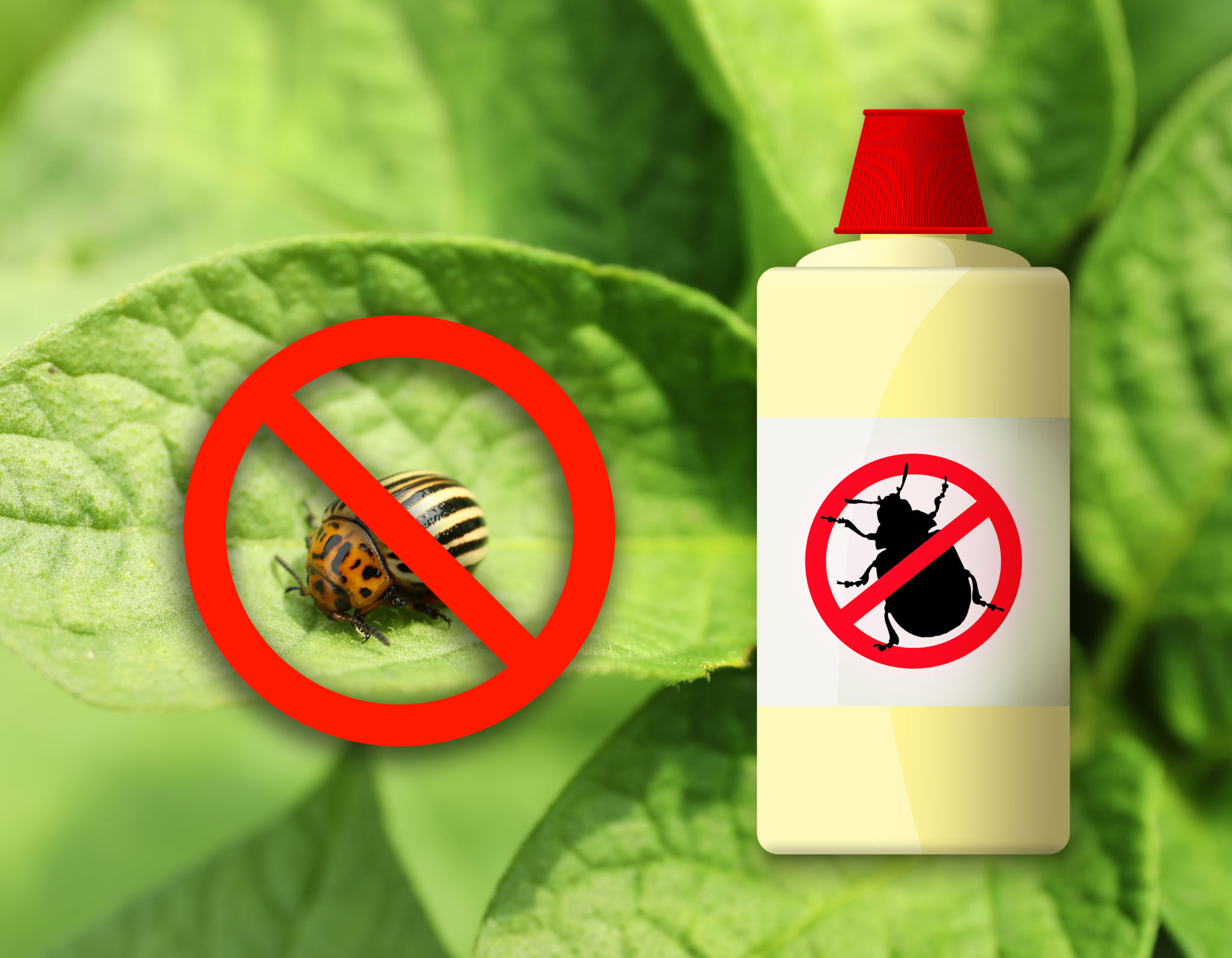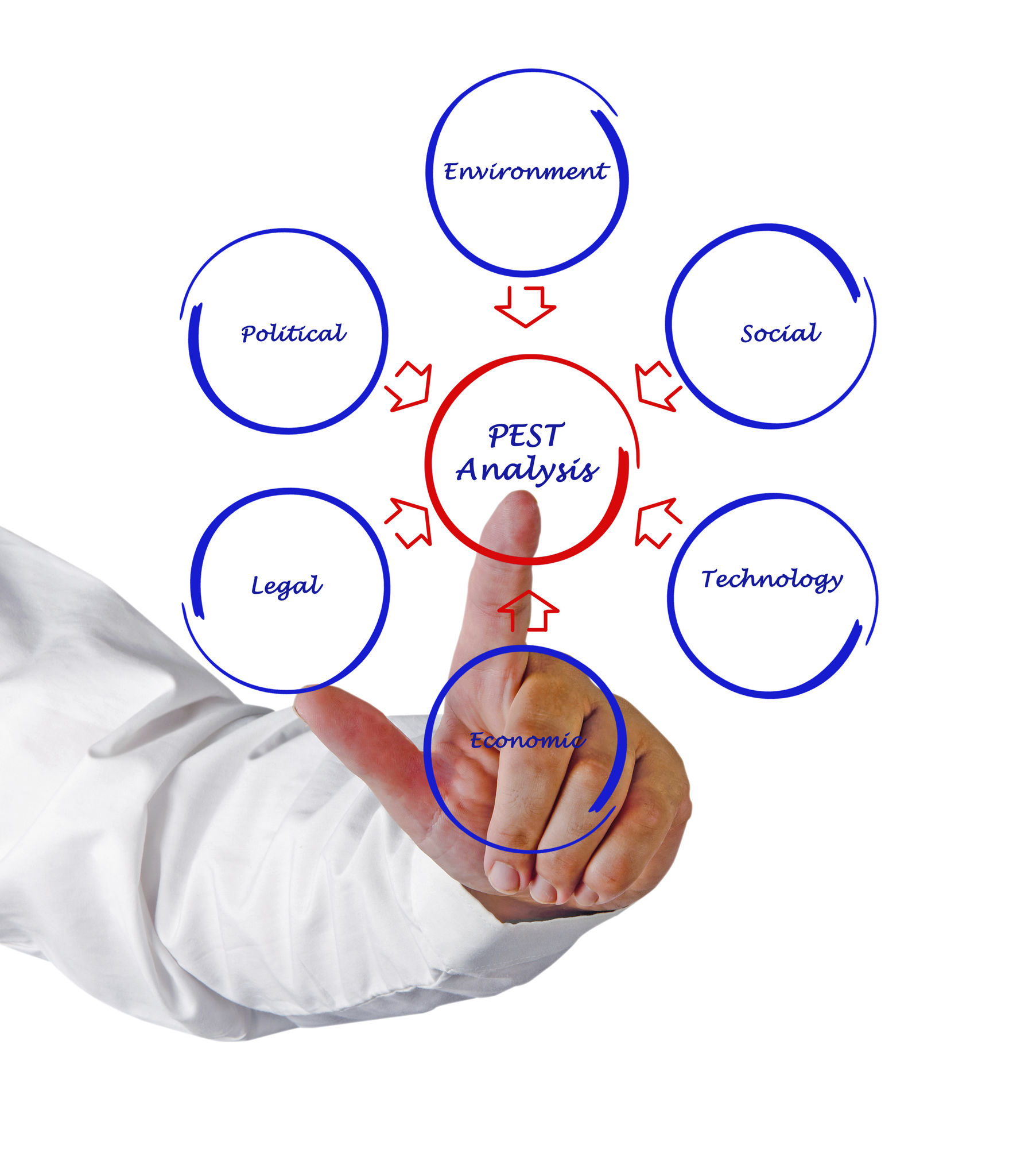Eco-Friendly Pest Control Solutions Gaining Popularity in Zimbabwe
Eco-Friendly Pest Control: A Growing Trend
In recent years, Zimbabwe has witnessed a significant shift towards eco-friendly pest control solutions. This growing trend reflects a global movement towards sustainable living and environmental preservation. As awareness of the adverse effects of conventional pest control methods increases, more Zimbabweans are opting for greener alternatives.
Traditional pest control methods often rely on chemical pesticides, which can have detrimental effects on both human health and the environment. These chemicals can contaminate soil, water, and air, posing a threat to biodiversity. This has led to an increased demand for eco-friendly pest control solutions that prioritize safety and sustainability.

Natural and Biological Alternatives
Eco-friendly pest control solutions in Zimbabwe often involve natural and biological methods. These approaches focus on using the pest's natural predators or introducing non-toxic substances to deter them. For instance, deploying beneficial insects like ladybugs to manage aphids is a popular strategy among farmers.
Additionally, many households and businesses are turning to plant-based repellents. Essential oils, such as peppermint and eucalyptus, have become common household remedies due to their effectiveness in repelling common pests like mosquitoes and ants without harmful side effects.
Integrated Pest Management (IPM)
Integrated Pest Management (IPM) is another eco-friendly strategy gaining traction in Zimbabwe. IPM involves a combination of techniques designed to minimize pest damage while reducing reliance on chemical pesticides. This method includes careful monitoring, habitat manipulation, biological control, and cultural practices.

The Role of Education and Awareness
A significant factor driving the adoption of eco-friendly pest control solutions is increased awareness about environmental issues. Educational campaigns and workshops conducted by environmental organizations and agricultural bodies have been pivotal in informing the public about the benefits of sustainable pest management.
These initiatives highlight the importance of protecting ecosystems and preserving biodiversity. By educating communities about alternative pest control methods, these programs encourage individuals to make informed decisions that benefit both their health and the environment.
Government and Policy Support
Government policies in Zimbabwe are also supporting this transition towards eco-friendly pest management. Recent regulations have been introduced to limit the use of hazardous chemicals in agriculture and promote sustainable practices. This policy shift not only protects the environment but also aligns with global environmental standards.

Challenges and Opportunities
Despite the growing popularity of eco-friendly pest control solutions, there are challenges to overcome. The initial cost of implementing some sustainable methods can be higher compared to traditional options. However, long-term benefits such as improved soil health and reduced health risks make them a worthwhile investment.
Opportunities abound for businesses that specialize in eco-friendly pest control products and services. As demand increases, these companies can play a crucial role in shaping a more sustainable future for Zimbabwe.
The Path Forward
The shift toward eco-friendly pest control solutions in Zimbabwe is a promising development for environmental preservation and public health. By embracing sustainable practices, individuals and businesses can contribute to a healthier planet while effectively managing pest issues.
As this trend continues to gain momentum, it is likely that eco-friendly pest control solutions will become the norm rather than the exception in Zimbabwe. This transition not only benefits the environment but also aligns with global efforts to combat climate change and promote sustainability.